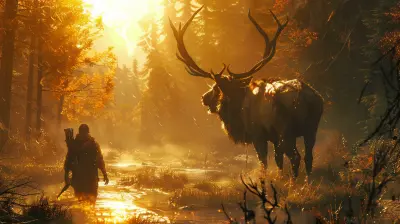The Role of Early Access in Reviving Classic Game Genres
22 June 2025
Remember the golden age of gaming? That era when point-and-click adventures, dungeon crawlers, and turn-based tactics ruled the world? Yeah, those were the good ol’ days! But as the industry focused more and more on flashy AAA titles, open-world extravaganzas, and battle royales, those beloved classic genres started fading into the background.
Fast-forward to today—and surprise! They’re making a comeback. But not through the traditional methods you'd expect. Nope, it's not just big studios digging into nostalgia. It’s something much more grassroots and community-driven: Early Access.
So grab a coffee (or a Mountain Dew if you’re feeling hardcore), because we're diving deep into how Early Access is breathing new life into the forgotten champions of gaming.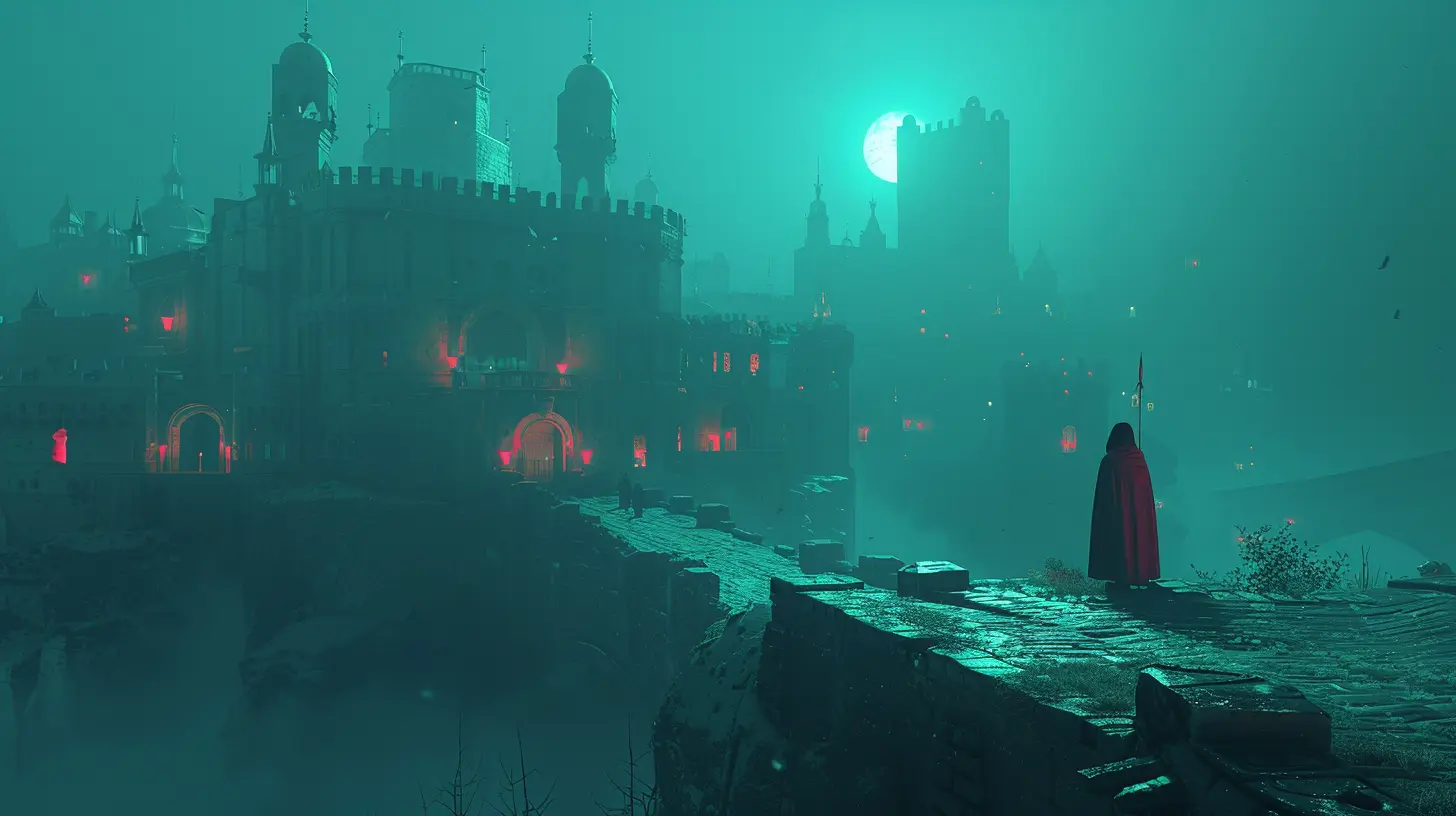
What Is Early Access, Really?
Before we go further, let’s clear the air: what the heck is Early Access?In plain English, Early Access is a way for developers to release a work-in-progress version of their game to the public. People can buy, play, and give feedback—all before the official launch. Think of it like a soft opening at your favorite burger joint, where you get to try the food early, leave a review, and maybe suggest they chill out on the pickles.
It’s risky, sure. But when done right? Pure magic.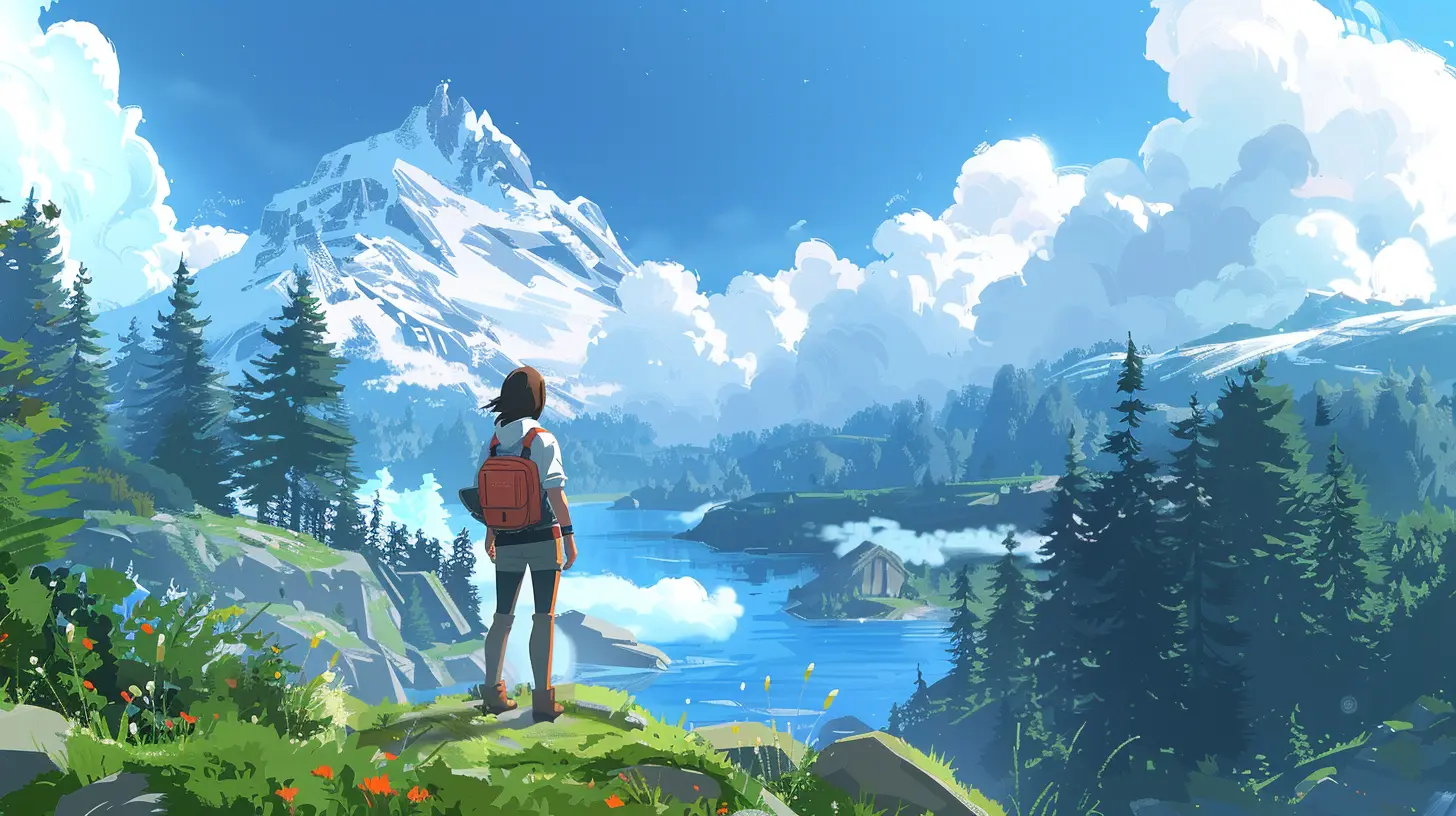
The Steady Decline of Classic Game Genres
Let’s face it, for a while, classic game genres were treated like old VHS tapes—cool in theory, but mostly collecting dust.Genres like:
- Turn-Based Strategy (think X-COM, Heroes of Might & Magic)
- Point-and-Click Adventures (Monkey Island, Grim Fandango ring a bell?)
- Isometric RPGs (Baldur’s Gate, Fallout 1 & 2)
- 2D Metroidvanias and Shoot ‘Em Ups
These styles fell out of fashion when graphics, online multiplayer, and casual gaming took the spotlight. Publishers became hesitant to invest in “old-school” concepts. And who could blame them? The market was all about risk management.
But here’s the kicker: the passion never left. There was always a core group of die-hard fans waiting for a revival. They just needed a platform—and Early Access became that platform.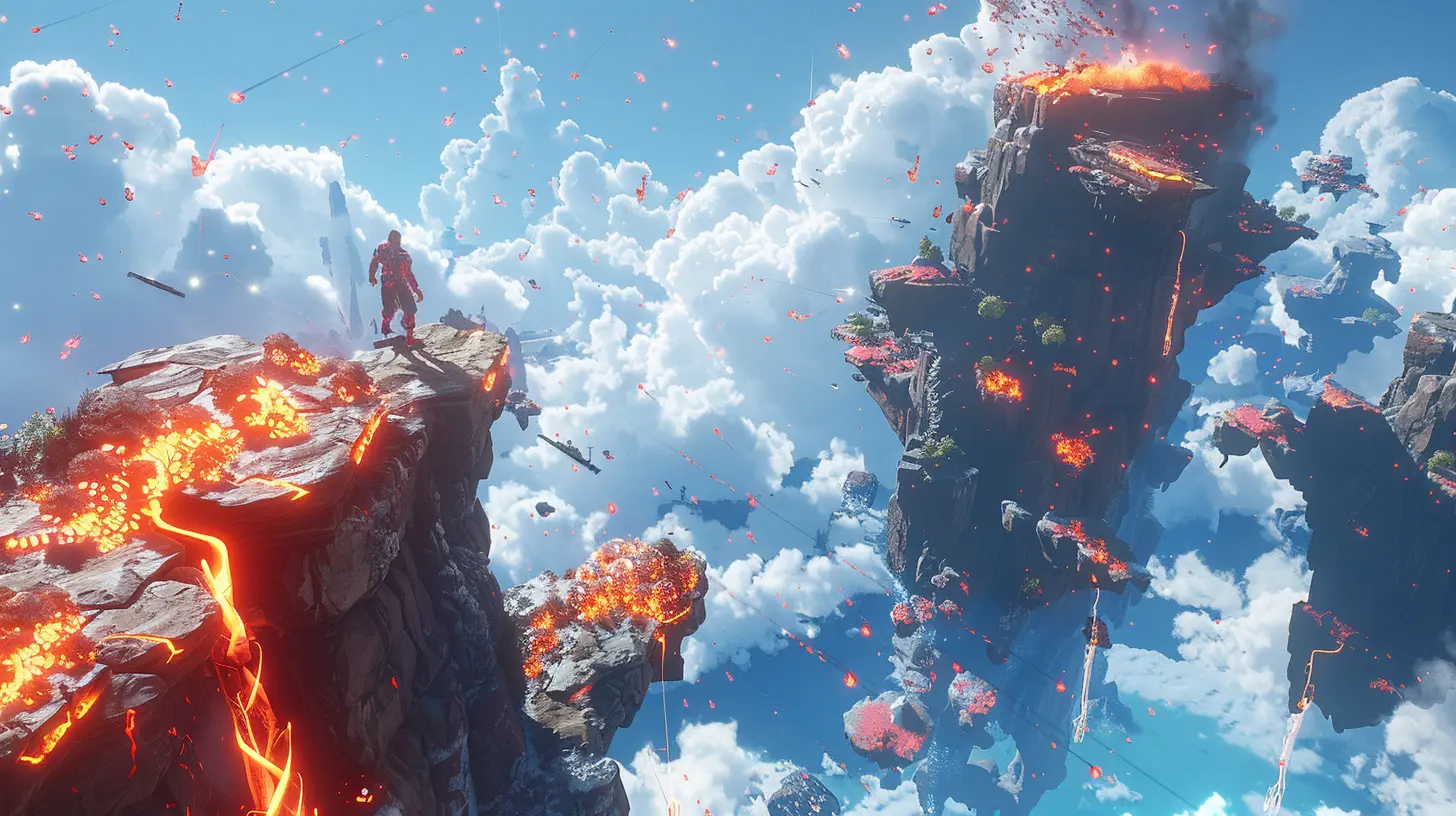
Early Access: The Time Machine for Game Genres
So, how exactly does Early Access help revive these genres?1. Community-Driven Development
Ever played a game and thought, “This would be perfect if only…”?Well, Early Access gives you a chance to say it out loud—and maybe even see your wish come true. Developers of classic-style games are actively listening. Why? Because most of them are fans too. They're not chasing trends; they’re trying to bring something back that they loved as kids.
A great example? Celeste and Dead Cells started shaping up with feedback-rich builds that were refined by real players. It’s like giving a master painter a sketch and watching it transform stroke by stroke—only now, you get to hold the brush too.
2. Lower Financial Risk for Indie Devs
Recreating a classic genre isn’t cheap—or easy. Developer teams are often small, and funding is scarce. Early Access offers a way to monetize earlier in the dev cycle and reinvest in better mechanics, graphics, and polish.Imagine trying to build a retro-inspired RPG with just whatever’s in your piggy bank. Now imagine you release it in Early Access, 10,000 people love it and tell their friends. Boom—you’ve got the funds AND the validation to keep building.
It’s like Kickstarter, but instead of a promise, you're offering a slice of the pie while it bakes.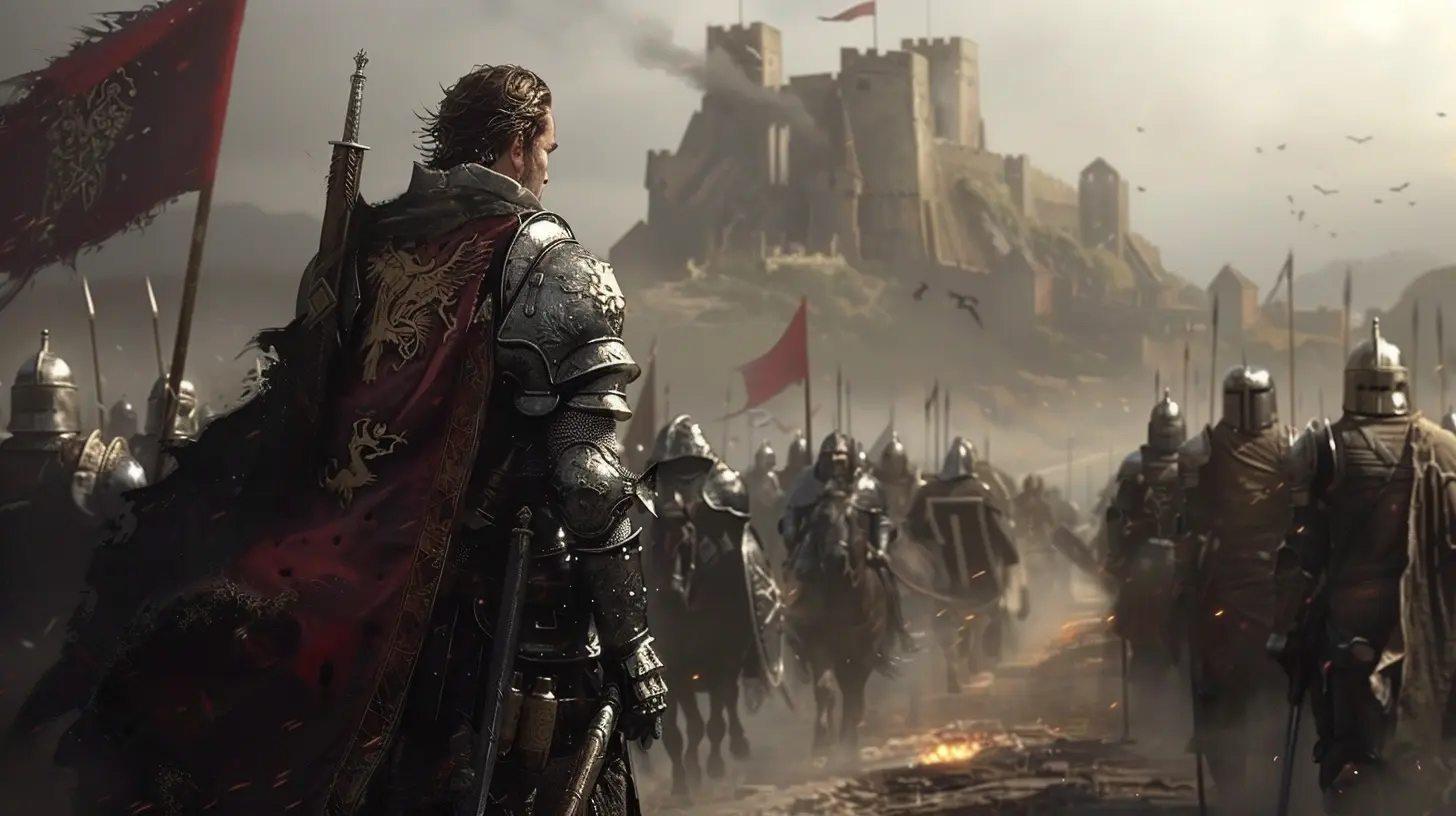
Modern Examples of Classic Revivals Via Early Access
Let’s nerd out for a second. Here are a few titles that showcase just how game-changing Early Access can be for classic genres:🎮 Baldur’s Gate 3
Talk about full circle! The original Baldur’s Gate was the blueprint for isometric RPGs. Twenty years later, it came back—in Early Access. Larian Studios gave fans access to the game way before the full release. What happened? Players poured in with feedback on combat, story pacing, and user interface. The final game felt like a love letter to both old-school fans and modern gamers.🧙♂️ Songs of Conquest
This one’s a gem for Heroes of Might & Magic fans who felt abandoned. It launched in Early Access with turn-based tactical combat and a pixely-modern aesthetic. The devs took community input on balancing, world design, and even quality-of-life tweaks. It’s like the genre got a modern facelift without losing its soul.🔫 Project Warlock
A shoutout to the Doom and Duke Nukem days. Project Warlock channels that same boomer-shooter energy but evolved with roguelike and RPG mechanics. Early Access players shaped everything—from enemy AI to audio feedback. It’s fast, it’s brutal, and it's got pixel guts galore.Why Fans Are Loving the Comeback
Let me ask you something—what makes a game great?Is it flawless graphics? Hollywood-tier storytelling? Or is it something more… personal?
Classic genres bring a certain flavor—strategy, mental engagement, storytelling, depth. They’re not about dopamine-fueled loot mechanics or flashy cosmetics. They're about immersion, patience, and often, challenge.
Fans who grew up with these games find something familiar in Early Access projects. It's like reconnecting with an old friend who suddenly got a cool new haircut.
Plus, because fans are involved early, they feel more emotionally invested. They’re not passive buyers; they’re co-creators. That’s the kind of loyalty no marketing campaign can manufacture.
The Flip Side: Not All Sunshine and Pixels
Let’s be real—Early Access isn’t a fairy tale every time.Some games get stuck in development hell, never quite reaching the polished state they promise. Others burn out due to lack of funding or creative direction. Expectations can spiral out of control—and when devs can’t deliver, it damages trust.
Gamers have seen enough broken promises to be wary. But here’s the silver lining: the overall trend is improving. Studios are learning to communicate better, set realistic timelines, and be transparent about progress.
The community is maturing too. Early Access is no longer "early excuse"; it’s a legitimate stage in the game development lifecycle.
The Future: What’s Next for Classic Genres?
So what does this revival mean long-term? Here’s a hot take: Early Access won’t just be a phase. It might become the go-to method for reviving and evolving game genres.And not just retro games—Early Access could be the new norm for innovation. Consider this: traditional publishing models are slow and conservative. Early Access? Fast, flexible, and feedback-rich.
Imagine a future where:
- New game genres spawn from classic templates.
- Niche games actually thrive financially.
- Communities have more direct influence than review scores.
All thanks to that little “Early Access” tag in the corner.
How You Can Be Part of the Revival
Here’s the cool part: you don’t have to be a developer to be part of this renaissance.You can:
- Support games early by buying into Early Access.
- Leave constructive feedback (not just “this sucks”).
- Spread the word about hidden gems.
- Share your nostalgia and ideas in forums, Discords, and Steam reviews.
Being part of the process feels good. It’s like helping plant a tree, then sitting under its shade with your favorite controller in hand.
TL;DR: A Time Machine Built From Code
Early Access is more than a buzzword. It’s a second chance for game genres that were kicked to the curb. It’s about giving creativity room to breathe, backed by real gamer support—not just corporate agendas.It’s the bridge between yesterday’s masterpieces and tomorrow’s innovations. Classic genres aren’t just back—they’re evolving, and we get to watch (and guide) it all unfold in real-time.
So maybe next time you see an old-school looking game pop up in Early Access, don’t scroll past it. Check it out. Give it a shot. You might just help shape the next big thing.
all images in this post were generated using AI tools
Category:
Early Access GamesAuthor:

Leandro Banks
Discussion
rate this article
2 comments
Tristan Pruitt
Early Access acts as a time machine, breathing new life into classic genres while cloaked in uncertainty. What hidden gems lie beneath the surface, waiting to emerge? Dive in, but beware: the past can reshape the future in unexpected ways.
June 23, 2025 at 4:57 AM

Leandro Banks
Thank you for your insightful comment! Early Access indeed offers a unique platform for innovation while honoring classic genres, allowing developers to experiment and surprise us with fresh ideas. Excited to see what hidden gems emerge!
Thea McAdams
Great read! Early access really breathes new life into classic genres, allowing developers to experiment and players to experience nostalgia with fresh twists. Excited to see where this trend goes!
June 22, 2025 at 3:39 AM

Leandro Banks
Thank you! I’m glad you enjoyed the article. Early access truly offers exciting opportunities for both developers and players to innovate while honoring classic genres!
